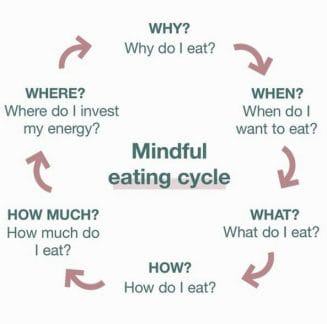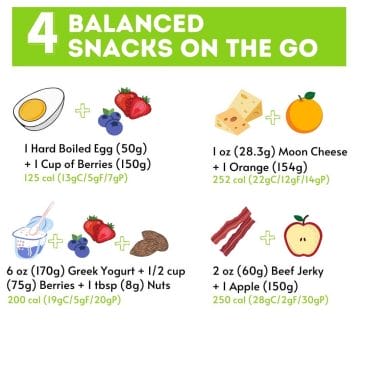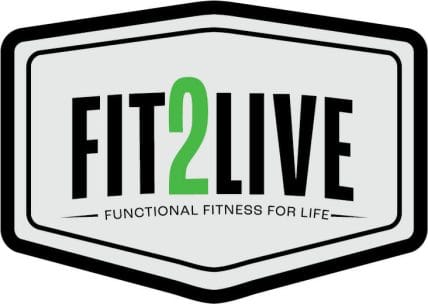Have you ever found yourself skipping meals and then overindulging in the next one?
Have you ever experienced that grumpy feeling when you haven’t eaten lunch and you’re trying your best to stay calm during your evening meetings, all while your stomach is growling?

Well, it turns out there’s a word for that: “hangry,” which means being both hungry and angry. Let’s explore a little bit more the association between hunger and anger.
Researchers have recently conducted a three week study that shows feeling hangry is a genuine thing.
They asked participants to answer a quick survey on their smartphones five times a day. They received notifications at specific times, three of which were right before their main meals. This helped gather information about their daily lives and measured how their responses changed before and after meals.
With 64 fully completed responses the study suggest that hunger is indeed associated with stronger feelings of negative emotions such as anger and irritation and a reduction in ratings of pleasure.
Feeling hungry was responsible for 56% of the changes in irritability, and 48% and 44% of the changes in anger and pleasure, respectively. This means that when we’re hungry, it can significantly impact our emotions. It confirms that being hungry often leads to experiencing negative feelings such as anger.
So how do we go about our busy day and ward off crankiness? Today we will give you 3 tips on how to control your hunger.
Tip #1:
Prioritize Protein
Ensuring an adequate protein intake is crucial for a balanced and nutritious diet.
To begin with, protein is essential for the development, repair, and upkeep of your muscles. It enhances your physical strength and overall performance, whether you’re engaged in exercise or daily activities.
Additionally, including protein-rich foods in your meals can help you feel satisfied for longer periods and regulate your hunger, which can be beneficial for weight management and preventing excessive eating.
Protein plays a critical role in various bodily functions, such as facilitating metabolism, supporting enzyme production, and regulating hormones. These processes are vital for generating energy, promoting efficient digestion, and maintaining overall well-being.

Tip #2:
Use the Plate Method
One simple method we teach our clients is to start choosing whole food options and less processed foods. The reason we want to decrease the processed food options is that they are packed with sodium, fat, and sugar. A simple way to start this is by reshaping your plate with the plate method!
The plate method is a helpful way to plan your meals for a healthier diet. It’s simple to follow because it shows you how to divide your plate into different sections.

Read more about Plate Method : WHAT IS PLATE METHOD?
Tip #3:
Practice Mindful Eating
Incorporating mindful eating into our lives doesn’t require drastic changes; it’s about bringing intention and awareness to our everyday meals. Here’s how you can start:
Start by creating a calm and inviting eating environment, focusing on your food without distractions. Turn off digital devices like cell phones, computers, TV’s or anything else that might grab your attention during meal time. A simple tip we recommend to our clients is to place those devices far away from the eating area or in room where you won’t hear them or have easy access.

Once your environment is a distraction free zone, you can start to enjoy your meal by slowing down, paying attention, and being fully present during meals.
Second, pay attention to your body’s hunger and fullness cues. This is referred to as Intuitive eating. With intuitive eating we can use the hunger scale as a tool to guide your eating habits and develop a healthier relationship with food.
Here are 3 easy ways to use the hunger scale:
- Check in with yourself: Throughout the day, take a moment to pause and assess your hunger level. Use a scale from 1 to 10, with 1 being extremely hungry and 10 being overly full. This will help you become more aware of your body’s signals.
- Eat when you’re moderately hungry: Aim to eat when you’re at a 3 or 4 on the hunger scale. This means you’re starting to feel hungry but not yet famished. By doing so, you can avoid getting overly hungry and improve your overall eating experience.
- Stop eating when you’re comfortably satisfied: Pause during your meal and assess your fullness level. Aim to stop eating when you’re around a 6 or 7 on the hunger scale. This allows you to finish your meal feeling satisfied but not overly stuffed.
Just keep in mind that hunger is a natural signal from your body. If you ignore it or try to hold off on eating, your body starts to doubt that you’ll actually give it food when it needs it.

It’s recommended to aim for balanced meals every 3-4 hours to maintain stable blood sugar levels and prevent hunger from escalating. This typically translates to three main meals a day, with nutritious snacks in between when needed.
In conclusion, remember pay attention to your hunger signals, plan ahead with snacks if you are not going to able to have regular meals and keep moving in the direction of your goals by fueling your body with what it needs.

If you would like to work on meal planning, snack planning or just how to avoid that hangry feeling, make an appointment with Coach EJ HERE! She is here to help you with your nutrition and wellness goals.
UP NEXT: FOOD IS FUEL




